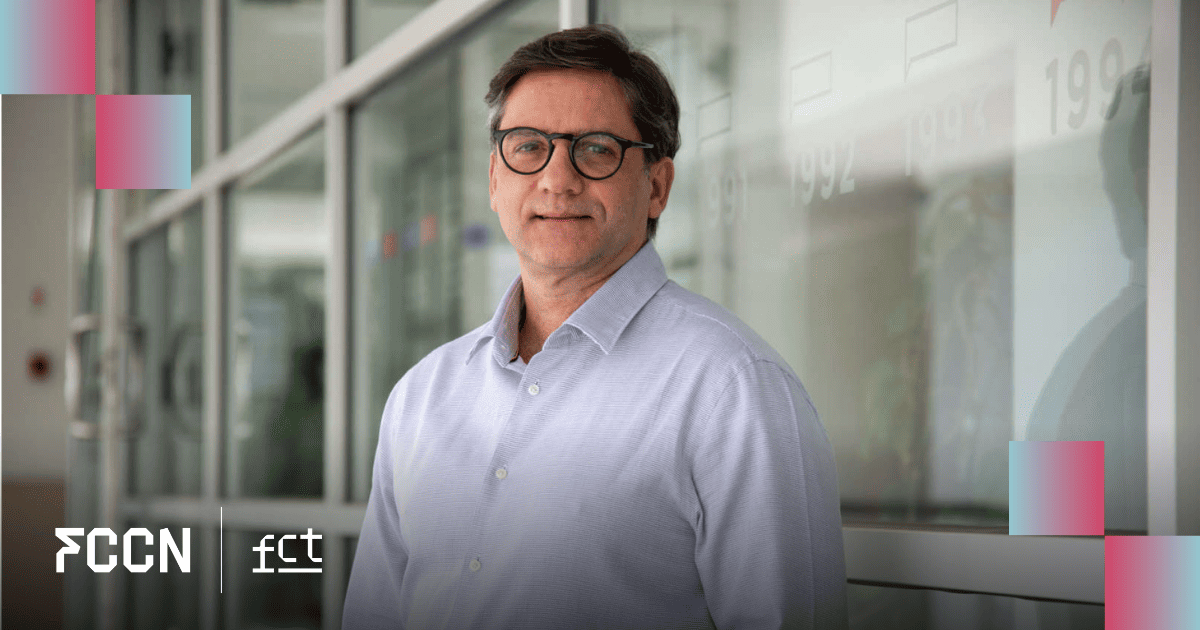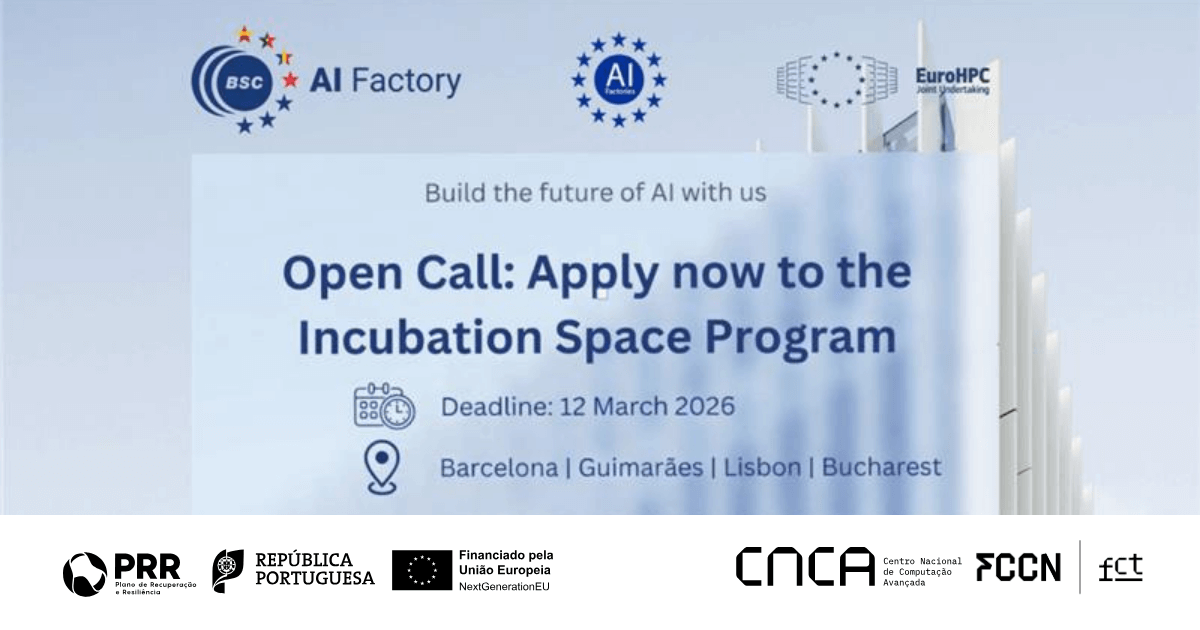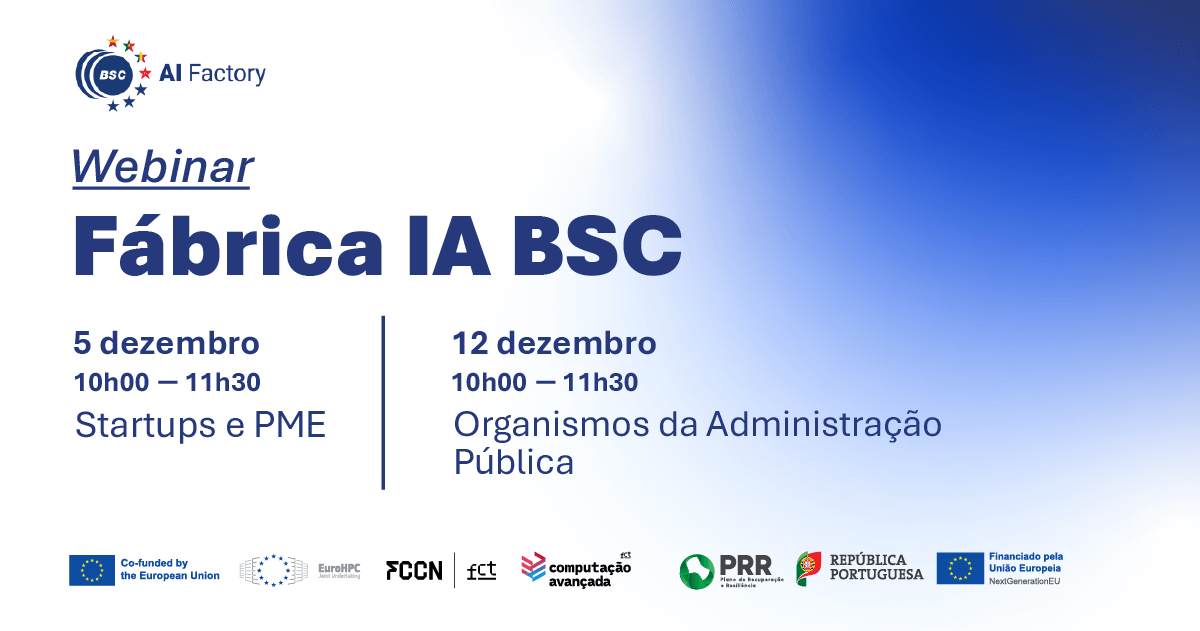Carlos Manuel Pereira, Member of the Board of Directors of IPDJ – Portuguese Institute of Sport and Youth, explains the benefits of joining the OCRE framework agreement: “We believe that the partnership between FCCN and IPDJ illustrates the benefits that can arise from collaborative work between public bodies, with a view to improving the provision of services aimed at citizens.”.
How did the opportunity for the IPDJ to use the solutions of the OCRE framework agreement arise?
Adherence to the OCRE framework agreement resulted from a consultation carried out by the General Secretariat of the Presidency of the Council of Ministers on the occasion of the establishment of the framework agreement within the scope of GEANT.
Having the Portuguese Institute of Sport and Youth awareness of the need to modernize its technological infrastructure and that the trend pointed towards the adoption of solutions in cloud public, we saw it from the beginning as an option with great potential compared to alternative scenarios such as, for example, the requalification of data center that we had in our facilities.
We had the clear perception that we should opt for a solution cloud and that adherence to a centralized purchasing procedure like OCRE, with a European dimension and supported by experts with great technological expertise, such as the FCCN team, could help us on this challenging path.
How important is this possibility to you?
Adherence to the OCRE framework agreement was crucial to the completion of the IPDJ's digital transformation project in terms of implementation timelines, quality, and overall cost. The improvement in communications infrastructure resulted in high traffic speeds, essential for the infrastructure migration phase. cloud This allows approximately 400 employees, spread across 25 different locations across the country, to access applications and communicate quickly and effectively. It also provided access to a range of highly useful applications such as Colibri, Educast, b-on, the NAU Platform, Filesender, eduroam, and RCTS Certificados.
What real difference have these solutions made to IPDJ's work?
With the mission of implementing public policies on sports and youth, a large portion of the IPDJ's target audience is part of higher education, whether as students, teachers, or researchers. Therefore, we consider it crucial to provide integrated, secure digital services that are capable of evolving in the face of the rapid and constant innovation we are seeing in the field of information and communication technologies.
Currently, we believe that the IPDJ, with the support of the FCCN, has made a significant technological leap and is now at a level of excellence in the context of Public Administration.
How do you evaluate the role played by FCCN in this process?
From the outset, FCCN has assumed the position of a leading public administration entity in information and communication technologies, willing to share its resources with other organizations and capable of imparting knowledge and high-quality solutions nationally and internationally. It is important to emphasize that, beyond technological solutions, FCCN has always demonstrated a strong willingness to provide technical support to IPDJ employees throughout the digital transformation process.
Is there anything you would like to add?
We believe that the partnership between FCCN and IPDJ clearly illustrates the benefits that can arise from collaborative work between public agencies, from the perspective of improving the provision of services to citizens, accelerating innovation, and rationalizing the use of public resources, providing high-quality services at a lower cost. We hope that our experience and work can also contribute to the success of FCCN's mission.












